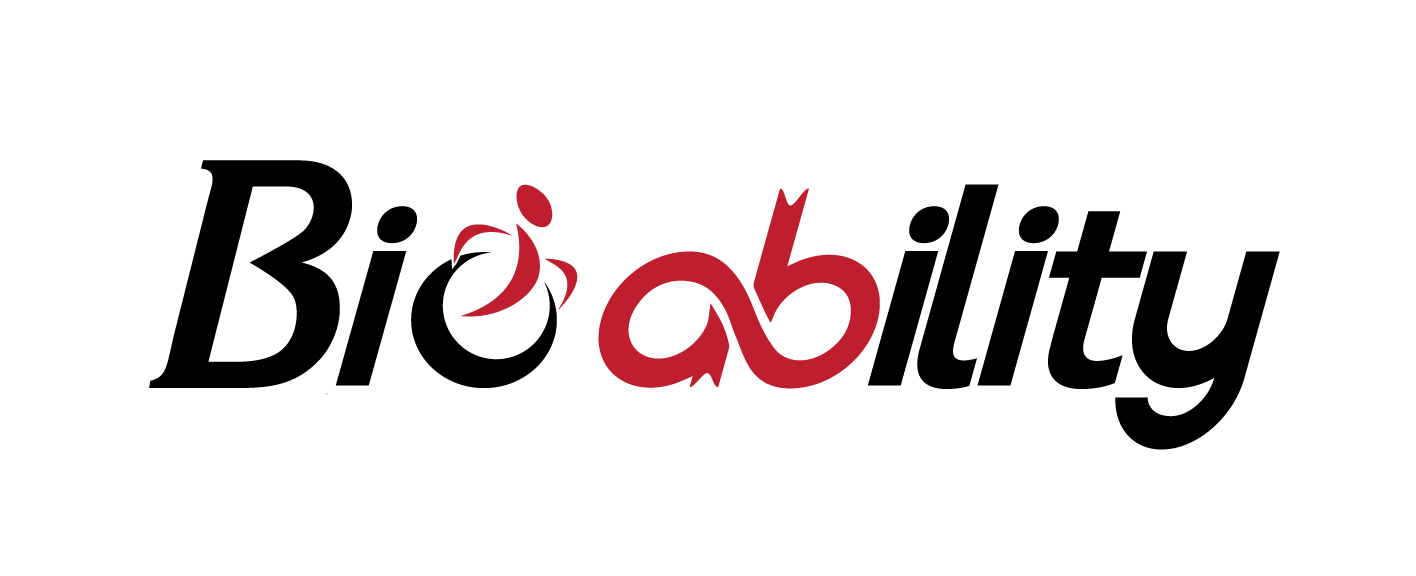June 1, 2023
The Ability Connection
Issue #9
June is PTSD Awareness Month
National PTSD Awareness Month is observed in June and it ushers in an array of awareness campaigns run for the benefit of PTSD survivors. According to the Mayo Clinic, Post-traumatic stress disorder (PTSD) is a mental health condition that’s triggered by a terrifying event — either experiencing it or witnessing it. Symptoms may include flashbacks, nightmares and severe anxiety, as well as uncontrollable thoughts about the event.
According to the National Institute of Mental Health, anyone can develop PTSD at any age. This includes war veterans, children, and people who have been through a physical or sexual assault, abuse, accident, disaster, or other serious events. According to the National Center for PTSD, about 7 or 8 out of every 100 people will experience PTSD at some point in their lives. Women are more likely to develop PTSD than men, and genes may make some people more likely to develop PTSD than others.
Some factors that may promote recovery after trauma include:
- Seeking out support from other people, such as friends and family
- Finding a support group after a traumatic event
- Learning to feel good about one’s own actions in the face of danger
- Having a positive coping strategy, or a way of getting through the bad event and learning from it
- Being able to act and respond effectively despite feeling fear
Part of the U.S. Department of Veterans Affairs, the National Center for PTSD website has targeted information for anyone interested in PTSD (including veterans, family, and friends) and for professional researchers and health care providers. The site also offers videos and information about an online app called PTSD Coach.
June is Migraine and Headache Month
National Migraine and Headache Awareness Month is observed in June. This month aims to enlighten individuals with headache disorders about the various treatments available. National Migraine & Headache Awareness Month spreads awareness and legitimizes the harsh truths of these conditions. It brings the concerns of the patients to the forefront.
Migraines affect men, women, as well as children, and an estimated 10% of American children suffer from them. More than 36 million people experience migraine headaches in America, which is 12% of the entire population. There are 150 different types of headaches, with the most common being tension-, migraine-, and cluster headaches.
According to the Mayo Clinic, a migraine is a headache that can cause severe throbbing pain or a pulsing sensation, usually on one side of the head. It’s often accompanied by nausea, vomiting, and extreme sensitivity to light and sound. Migraine attacks can last for hours to days, and the pain can be so severe that it interferes with your daily activities.
See your doctor immediately or go to the emergency room if you have any of the following signs and symptoms, which could indicate a more serious medical problem:
- An abrupt, severe headache like a thunderclap
- Headache with fever, stiff neck, confusion, seizures, double vision, numbness or weakness in any part of the body, which could be a sign of a stroke
- Headache after a head injury
- A chronic headache that is worse after coughing, exertion, straining or a sudden movement
- New headache pain after age 50
We at Bio Ability encourage people with migraines or chronic headaches to consult a medical professional for proper diagnosis and treatment.
What’s happening?
Summer Camps
Summer camps begin this month. If you are not already registered, call now to reserve your spot. Camp is open to our special needs community and siblings. Weekly themed camps will be offered June 5-9, 12-16, 19-23, 26-30 and July 10-14, 17-21, 24-28. Campers will enjoy 5 days of fun including structured games, arts and crafts, introduction to adaptive sports and fitness and structured play.
There are morning (9-Noon) and afternoon (1-4) sessions that run weeklong from Monday through Friday. If you are interested in enrolling a family member in summer camps, please contact Bio Ability at 470.560.3981 as soon as possible.
Camp Counselors Needed
If you or someone you know are interested in working as a Camp Counselor (18 years or older) or Assistant Camp Counselor (14 years or older) please fill out a job application on our website under “Jobs” or contact us directly. We are looking to partner with individuals who are passionate about working with children, teens and adults of all skills and abilities at our facility and in the community. The successful candidates will fill the role of Lead Camp Counselors/Counselors.
In addition, if you have a passion for working with this special population and would like to volunteer, please go to “Get Involved” on our website and sign up to be a volunteer.
Exercise of the Month: Exercises for Posture and Headaches
Sometimes headaches are caused or made worse by poor posture in your neck and shoulders. This can be caused by muscle imbalances between chest and shoulder and upper back muscles. If you sit at a desk all day reaching forward to type on your keyboard, or if you drive for a living and always have your arms outstretched in front of you, you may notice this in yourself.
Stretching tight chest muscles and strengthening weak posterior shoulder and upper back muscles can help bring the balance back. Here are some stretches and exercises you can try at home. Be sure to discuss with your doctor before starting any new exercises or exercise program.
Chest Stretch
Stand in a doorway with your elbows bent and your hands facing in front of you and holding on to the door frame. Gently lean into the doorway while in that position. Feel the stretch in the front of your shoulders and chest. Hold for 10-15 seconds and repeat 3 times.
Bicep Stretch
If you are able, reach down behind you and interlace your hands together. Gently raise your interlaced hands slowly behind you until you feel a stretch in the upper arm and front of shoulder. If you are not able to interlace your hands, simply reach back behind you as far as you can and hold there. Hold for 10-15 seconds and repeat 3 times.
Bent Over Single Arm Row
Have a light dumbbell in one hand. Lean onto a firm surface (bench or chair with one knee). Hang the opposite arm down by your side holding the dumbbell with your palm facing behind you. Lift the weight to the side of the chest keeping the elbow close to your body. Complete 12-15 repetitions if you are able. If not, the weight is too heavy. If you can, repeat for 2 more sets alternating sides to work the other arm while the first is resting.
Sitting Row
Sit with legs stretched out in front of you. Put exercise tubing on the bottom of your feet. Hold each end in your hands. Pull them toward you using your shoulder blades while moving as if rowing. Pull towards you and your hands should pull the bands to above your stomach. Contract your rhomboids, the muscles between your shoulder blades, pulling them down and together to make the movement.
These are just a few exercises you can try. If you need assistance with these or any exercise program, please contact us at Bio Ability and make an appointment with one of our Exercise professionals.
Recipe of the Month: Strawberry-Chocolate Greek Yogurt Bark
Ingredients
- 3 cups whole-milk plain Greek yogurt

- ¼ cup pure maple syrup or honey
- 1 teaspoon vanilla extract
- 1 ½ cups sliced strawberries
- ¼ cup mini chocolate chips
Directions
- Line a rimmed baking sheet with parchment paper.
- Stir yogurt, maple syrup (or honey) and vanilla in a medium bowl. Spread on the prepared baking sheet into a 10-by-15-inch rectangle. Scatter the strawberries on top and sprinkle with chocolate chips.
- Freeze until very firm, at least 3 hours. To serve, cut or break into 32 pieces.
Nutrition Information
Servings 32: Calories 34, Fat 1g, Carbs 4g, Protein 2 g.

